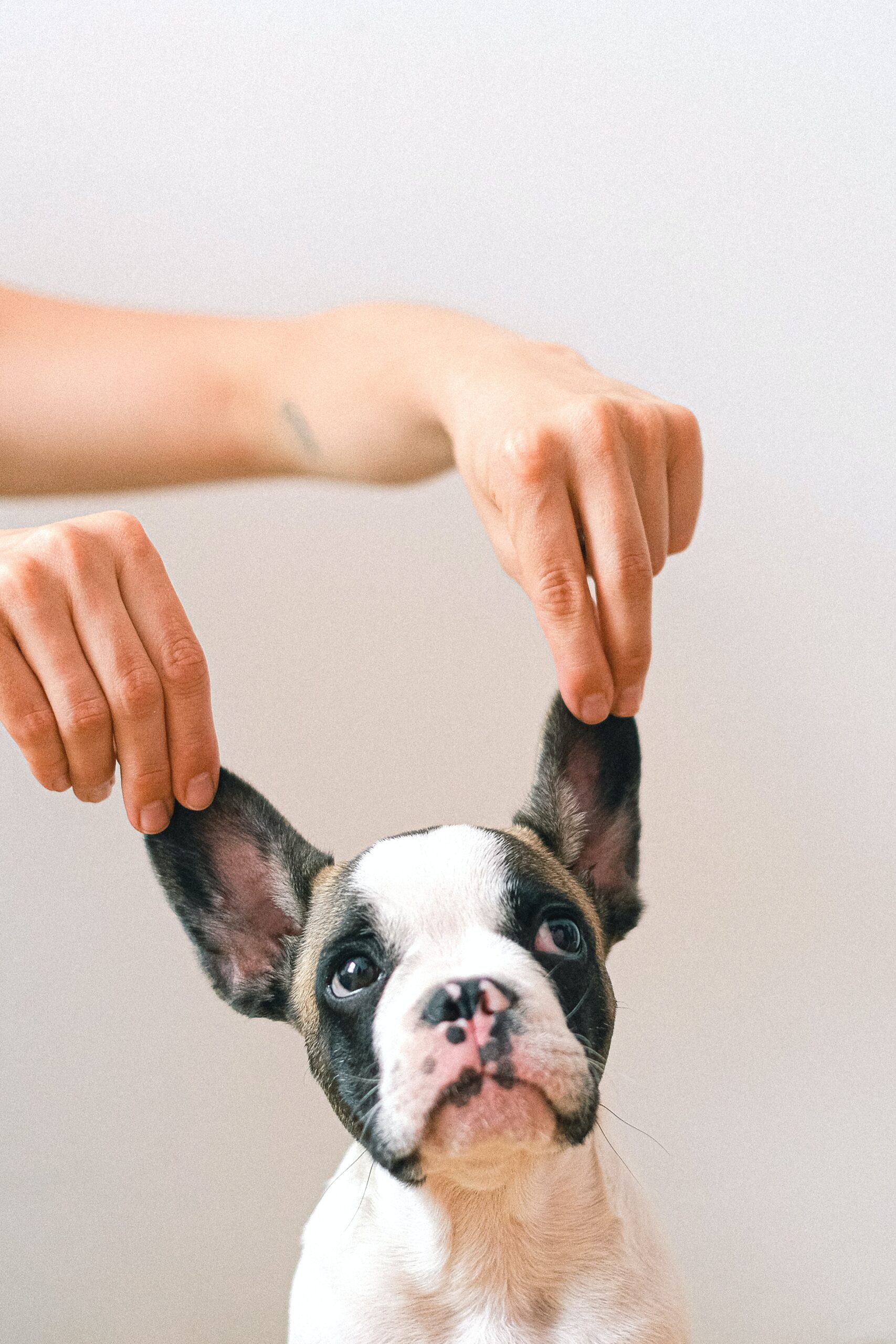Puppy Yoga Classes Under Fire for Using Breeder Mill Dogs
Puppy yoga classes have taken many cities by storm, offering a fun and unusual way to combine fitness with the joy of interacting with adorable puppies. These classes promise relaxation, fitness, and a whole lot of cuteness in one package, often leading to viral social media moments. However, beneath the surface of these seemingly innocent events, a growing outcry is calling attention to their darker side.
The Rise of Puppy Yoga
Puppy yoga is a trend that combines traditional yoga with the enticing element of puppies. Participants often find that performing yoga poses while puppies roam the room can lead to a perfect blend of relaxation and entertainment. **The concept presents several unique benefits**:
- Stress Relief: Interacting with animals, particularly puppies, has been shown to reduce stress and increase feelings of happiness.
- Social Media Appeal: Attendees are often drawn to the classes for the Instagram-worthy moments they can capture with the puppies.
- Community Building: These classes can serve as a fun way to meet new people in a relaxed atmosphere.
While the premise is appealing, it’s crucial to examine where these puppies are coming from and the ethical implications behind their involvement in such events.
The Growing Concerns
**Recent investigations and reports by animal rescue organizations have raised serious concerns** about the origins of the puppies used in these classes. It is alleged that some puppy yoga classes are sourcing their puppies from breeder mills, also known as puppy mills. **These facilities are notorious for their inhumane practices, highlighting issues such as**:
- Overbreeding: Dogs are often bred continuously without adequate rest between litters, leading to health issues.
- Poor Living Conditions: Many breeder mills focus more on profit than the health and welfare of the animals, leading to overcrowded and unsanitary conditions.
- Lack of Medical Care: Puppies from mills often receive minimal veterinary care, resulting in a higher prevalence of disease and congenital conditions.
Puppy yoga classes using dogs from these sources are therefore complicit in perpetuating this cycle of cruelty, consciously or unconsciously supporting an industry known for its unethical treatment of animals.
Rescue Organizations Speak Out
Animal rescue groups have been vocal in their criticism of puppy yoga classes utilizing mill-bred dogs. These organizations are committed to the welfare of all animals and strive to redirect attention to more ethical alternatives. **According to these rescues**:
- Transparency: There should be a clear, honest dialogue about where the puppies are sourced.
- Ethical Partnerships: Shelters and rescues offer partnerships for those looking to organize puppy yoga classes, providing puppies looking for adoption.
- Adoption Promotion: Using rescue dogs could further encourage the adoption of animals in need of a loving home.
Taking Proactive Measures
As awareness grows, the onus is on yoga class organizers, participants, and the community at large to take meaningful action. Here are some steps that could ensure **a more ethical approach** to puppy yoga:
Establishing Responsible Sourcing
- Verifying Sources: Class organizers must insist on transparency from breeders and verify the conditions of breeding facilities.
- Partnering with Rescues: Cultivating partnerships with local animal shelters and rescues can provide a win-win situation — ensuring ethical sourcing while promoting adoption.
Promoting Adoption and Rescues
- Adoption Days: Yoga classes can conclude with an adoption event, allowing participants to continue the bond formed with puppies during class.
- Donation Drives: Classes could double as donation drives for local shelters, easing financial strains on these organizations.
By taking these steps, communities engaging in puppy yoga can contribute positively to animal welfare instead of inadvertently supporting harmful practices.
Conclusion
While puppy yoga classes offer a unique and joyful experience, it’s crucial to acknowledge and address the ethical implications surrounding them. As consumers become more aware, we have the power to demand transparency and push for practices that are not only beneficial to human participants but also champion animal welfare. **Ensuring the ethical treatment of animals is not just a responsibility — it is a necessity** for those organizing and participating in events involving our furry friends.
By making informed choices and supporting reputable sources, puppy yoga can become a platform for promoting animal welfare, creating meaningful connections, and advocating for the rights and well-being of all animals. Let’s turn this playful trend into an opportunity for positive change.


